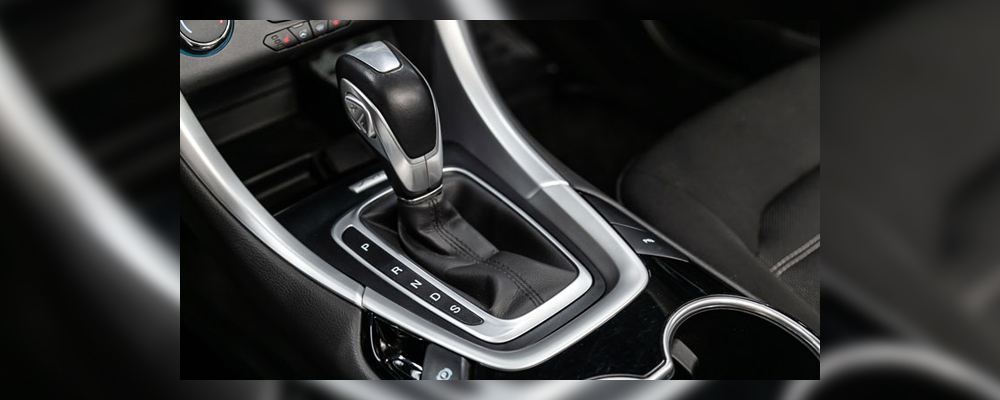Cars are built with mechanisms that lessen the burden of the driver. Just one shift, and either it launches forward or goes on reverse. But there are instances when these automatic transmissions send the wrong signal. Just like when a car jerks when shifting from park to drive. Why does this happen?
Let us find out what causes this and if this indicates a serious car problem.
Why Do Cars Jerk When Shifting From Park To Drive?
When you shift it to drive, car jerking is not normal, but it does happen. It can be because of many reasons. A misaligned sensor can cause it or be because of the transmission fluid. However, individuals who have manual-controlled cars experience these instances.
Your car’s engine starts your vehicle and sends it forward. However, your car’s transmission engine is responsible for its speed. Whether it maintains or it speeds up, it all depends on your transmission gears. Once shifting these gears becomes a problem or it jerks, it most likely has a problem.
What Causes Cars To Jerk From P to D?
Dirty Transmission Fluid
Transmission fluids are essential to ensure your vehicle is at its top performance. It lubricates the gear to make shifting smooth. However, building hydraulic pressure (1) becomes difficult when the transmission fluid is dirty.
Tiny metal particles and dirt are mixed in the fluid. Because of that, the transmission system easily wears out. As a result, shifting gears becomes difficult. Sometimes, it jerks from park to drive.
Low Transmission Fluid
The smooth operation of your transmission system relies on the amount of fluid you put inside. Low transmission fluid changes the performance of your vehicle. The fluid level getting low causes the jerk or the jump of your transmission system.
An alarming thing about having low fluid levels is that this indicates a leak. You may see a dark red colored fluid on the ground where you park your vehicle. That confirms the leak.
Failing Transmission Pump
Another possible reason your car jerks is the state of your transmission pump. It is responsible for the transmission of fluid to the entire system. It is near the transmission filter to ensure that the fluid transmitted is clear and clean.
Its ability to change gears properly will fail if the pump is damaged. You may also hear the engine whining while you drive your car. Also, the check engine light is on as a warning for the driver.
Clogged Transmission Filter
As mentioned, the filter is near the pump to ensure that the transmitted fluid is clean and filtered. If the filter is clogged with particles, the smooth-flowing operation stops. For one, the hydraulic pressure (2) changes, which can end up slowing it down.
Also, the transmission pump will wear out fast. You can learn to remove the filter to save some dollars for the mechanic’s fee.
Worn Out Parts
Worn-out parts need replacement. This is a common thing to do. However, there is no timeframe for this. Some instances can speed the wear and tear of these parts.
Over-revving is a very common trait of a worn-out part. The erratic shifts and jerking can be caused by these parts that need immediate replacements.
Related Posts:
Why Fix It Right Away?
You need to fix the problem right away or replace the damaged parts to avoid more serious complications. The transmission system is a vital part of your vehicle. You can lose control of your car, which can lead to accidents. Also, mechanic fees are most likely high when your car’s problem is complicated.
FAQs
Can a bad transmission cause a car jerk?
Yes, a bad transmission causes cars to jerk because the normal operation is changed. The underlying reasons disrupt the normal flow in the transmission system.
Why does my car jerk when I change gears?
Your car jerks when you change gears because of an automatic transmission that changes the usual operation of your car. Some parts of the system may need replacement or repair to return to their normal function.
Key Takeaways
While it is unusual to see a car jerk when you shift gears, panic is unnecessary. You need to find out the reasons behind these abnormal car activities. Your transmission system mainly causes this. Therefore, you need to check on its components to avoid worsening the situation.
Changing the fluid and checking for dirt and clogs can be easy tasks. You can even learn to do simple maintenance to save some money. You can watch instructional videos if you want to do this independently. But if the problem remains, don’t hesitate to run to an expert.
Thank you for reading this far! I hope that the information provided in this article will be helpful to you.
References:
- https://www.sciencedirect.com/topics/engineering/hydraulic-pressure
- https://www.explainthatstuff.com/hydraulics.html

Robert Anderson is a world class motorhead who rebuilt his first carb at age 10, his first engine at age 15, and completed his first full hotrod build when he was just 18! Previously, he has ran a part warehouse, delivered pizzas, and managed the service department for a $20 million/year revenue dealership. Robert knows cars like few others and he is passionate about sharing his knowledge.

